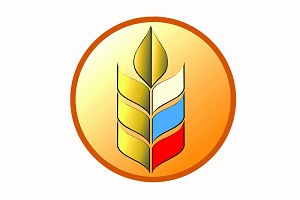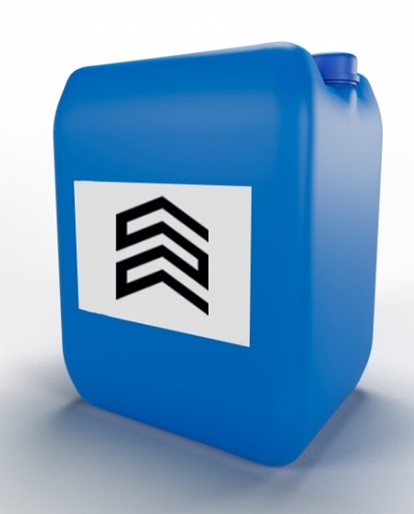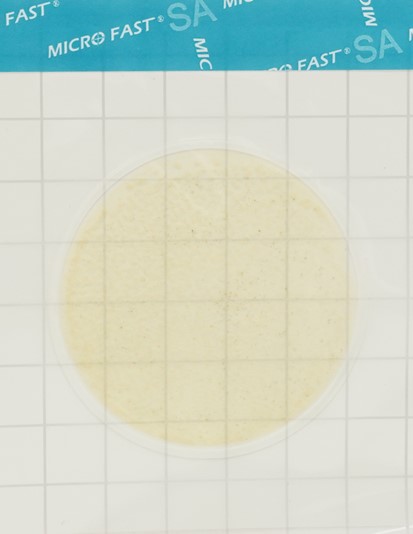Is it possible to “zero out” the problem of baby food in Russia?

Instead of producing our own dry whey, we have to simplify the import of someone else's.
The EAEU countries have reached an agreement on a package of measures necessary to stabilize the collective economy of the Eurasian Economic Union, Vedomosti reports. The states agreed on a phased transition to settlements in national currencies, and also approved the zeroing of duties on 458 items. The total volume of exports coming to Russia, provided for by these articles, exceeds $19 billion, the abolition of duties will allow Russian consumers to save about $0.5 billion.
Earlier it became known about a plan to zero out customs duties for six months on certain goods that are critical for Russia, and their production is absent within the country. In addition to certain types of vegetables and grains, the list includes medicines, fabrics, metal products, a narrow segment of raw materials supplies, spare parts, etc.
One of the "zeroed" categories of foreign-made goods was additives for the production of finished food products - as well as baby food. We are talking about dry whey, an indispensable component in the production of dry infant formulas.
Russia imports over 90% of dry whey of quality suitable for making baby food, and the level of dependence is called “critical” quite rightly.
Zeroing duties at best looks like an interim solution. As in many other areas, only our own production can completely rid Russia of the shortage of a critically important component.
Valuable "waste"There is no shortage of whey as such in Russia - it is formed as a by-product in the production of cheese, cottage cheese and caseins. It is almost 94% water, the remainder includes lactose, milk sugar, a full range of B-group vitamins, A, E, C, trace elements and probiotic bacteria. Whey proteins are more similar to mother's milk proteins than regular whole milk , which makes it indispensable in the production of infant formula.
However, most often the whey is simply drained - disposal is expensive, and not everyone is ready to spend money on it.
In order to be used in the production of baby food, whey must be dried and demineralized to the required level. In addition, whey must have a clear microbial composition, zero ash content and be thermostable. Technologies that provide the desired parameters of whey powder are quite expensive - we are talking about a whole complex of filtration systems with constant quality control.
Individual productions in Russia can provide demineralization in the range from 40% to 80%, but for the production of baby food an even higher category is needed, over 90%. Another problem is that the need for such a pure whey powder in Russia is small in terms of investment.
A paradoxical situation arises - powdered milk formulas are needed by about a million children a year. However, for economic reasons, preference is given to purchases from a third party; annually, the Russian Ministry of Agriculture approves quotas for the import of dry whey D90 or DWP-90 (demineralized whey powder).
Need guaranteesEven based on the quotas approved by the Ministry of Agriculture, we can conclude that the need for whey powder for baby food in Russia is growing. The quota approved for the current year is 3,361 tons of imported whey; in 2021, the ministry approved the import of 2,000 tons of the product, which is almost one and a half times less.
The main producers of dry whey are located in the EU - Germany, France and Italy. Given the current geopolitical situation, trade relations with these states are not protected in any way. Now the Russian market is dominated by products of Belarusian suppliers - the level of whey processing in Belarus is very high, exceeding 85% on average. Many milk processing plants in the partner country have electrodialysis units, which makes it technically possible to produce D90.
Recently, there have been enough examples of how the most stable and reliable supply chains from abroad are torn due to force majeure, technical breakdowns or other factors. The amount of whey powder needed by Russia for the production of baby food is really not very impressive - however, its shortage can turn into a heavy blow to demographic projects, as well as provoke a serious social crisis for hundreds of thousands of young families.
A rational solution would be to build our own factories producing whey powder for baby food. Large Russian milk producers have launched a number of initiatives in this area, the project of the Ekoniva company has advanced most seriously. According to the plan, the new plant in the Novosibirsk region will produce 15,840 tons of whey powder.
This is more than the need of the domestic market of Russia, but milk producers have their own motivation - what is redundant for the country can be exported. Whey powder is in high demand on the international market, which means that the return on investment can be ensured, including through export earnings.
Building your own factories will always be more preferable than securing supply by zeroing customs duties. By zeroing out duties, the state to some extent reduces the severity of the shortage of the strategic ingredient, paying for it with a decrease in customs revenues to the budget. The Russian capacities will completely eliminate the risk of a shortage of dry whey, and will also bring not losses, but profits - due to other deductions, this time tax.




























































